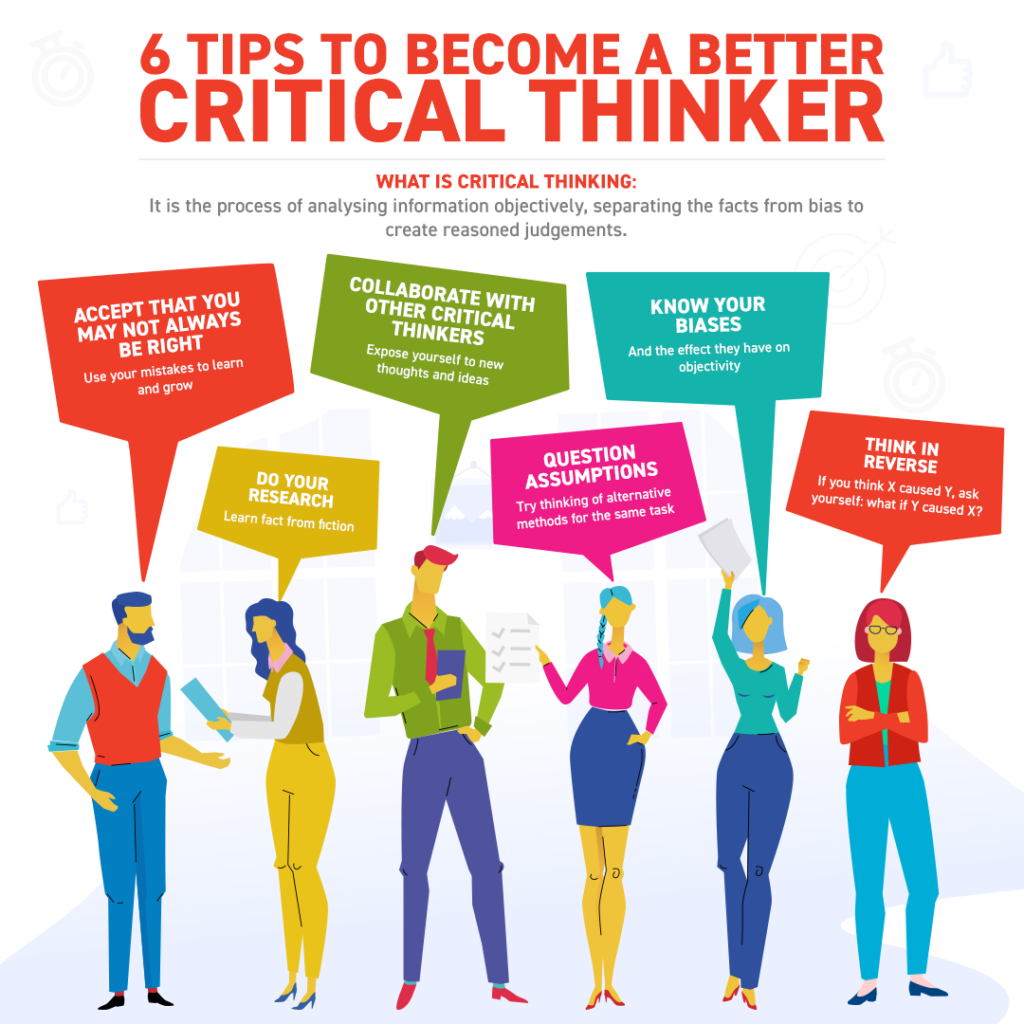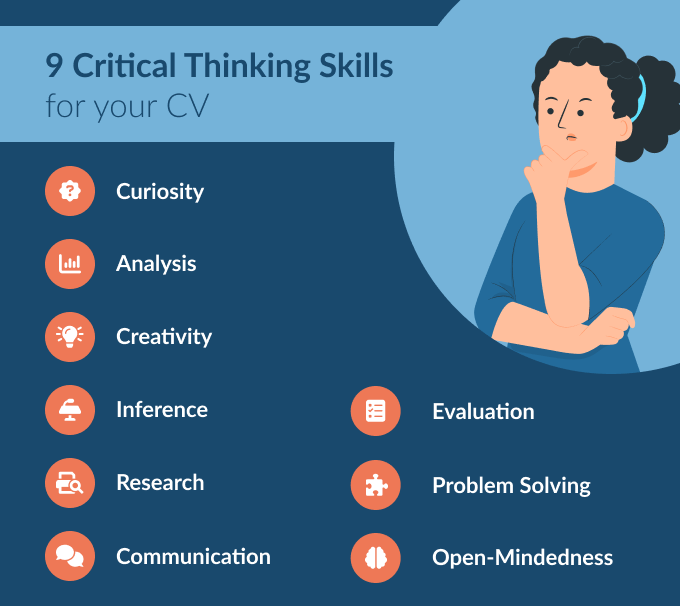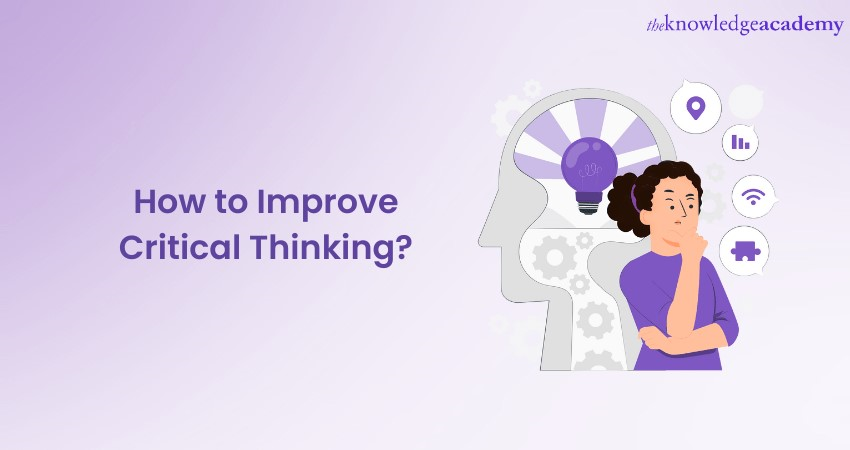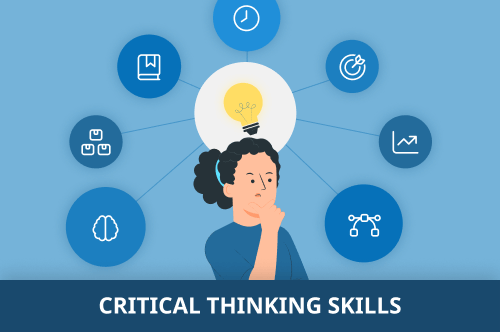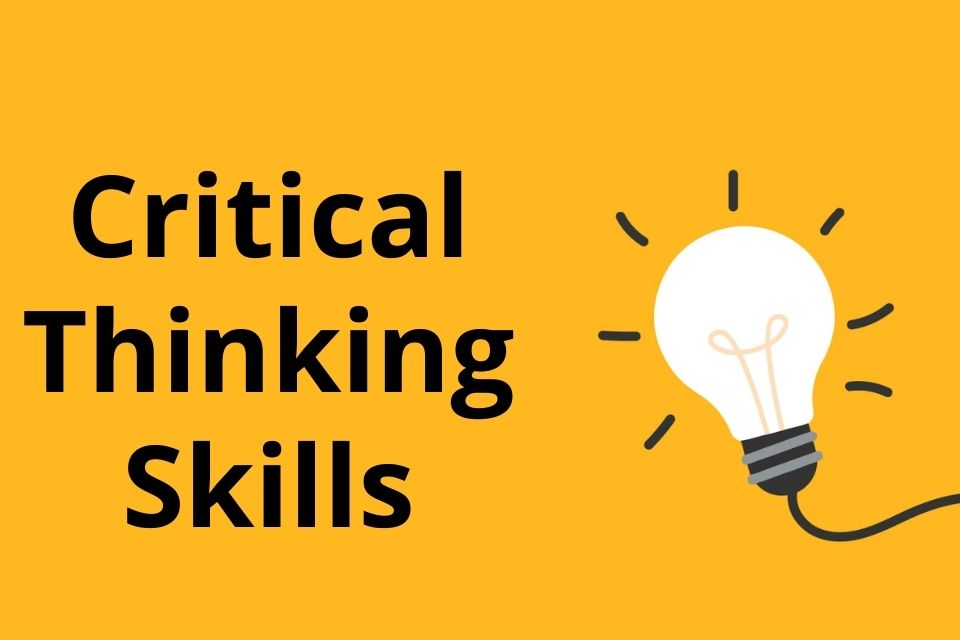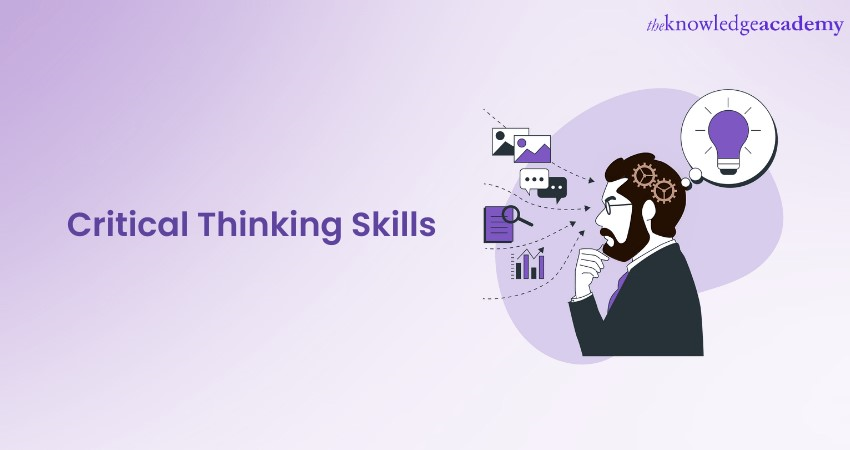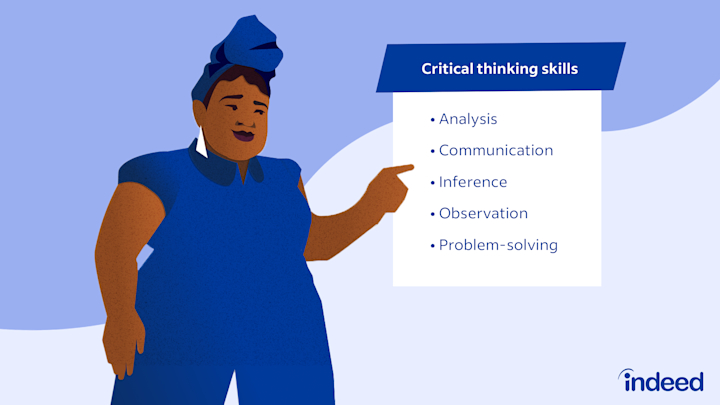How To Improve Critical Thinking Skills At Work
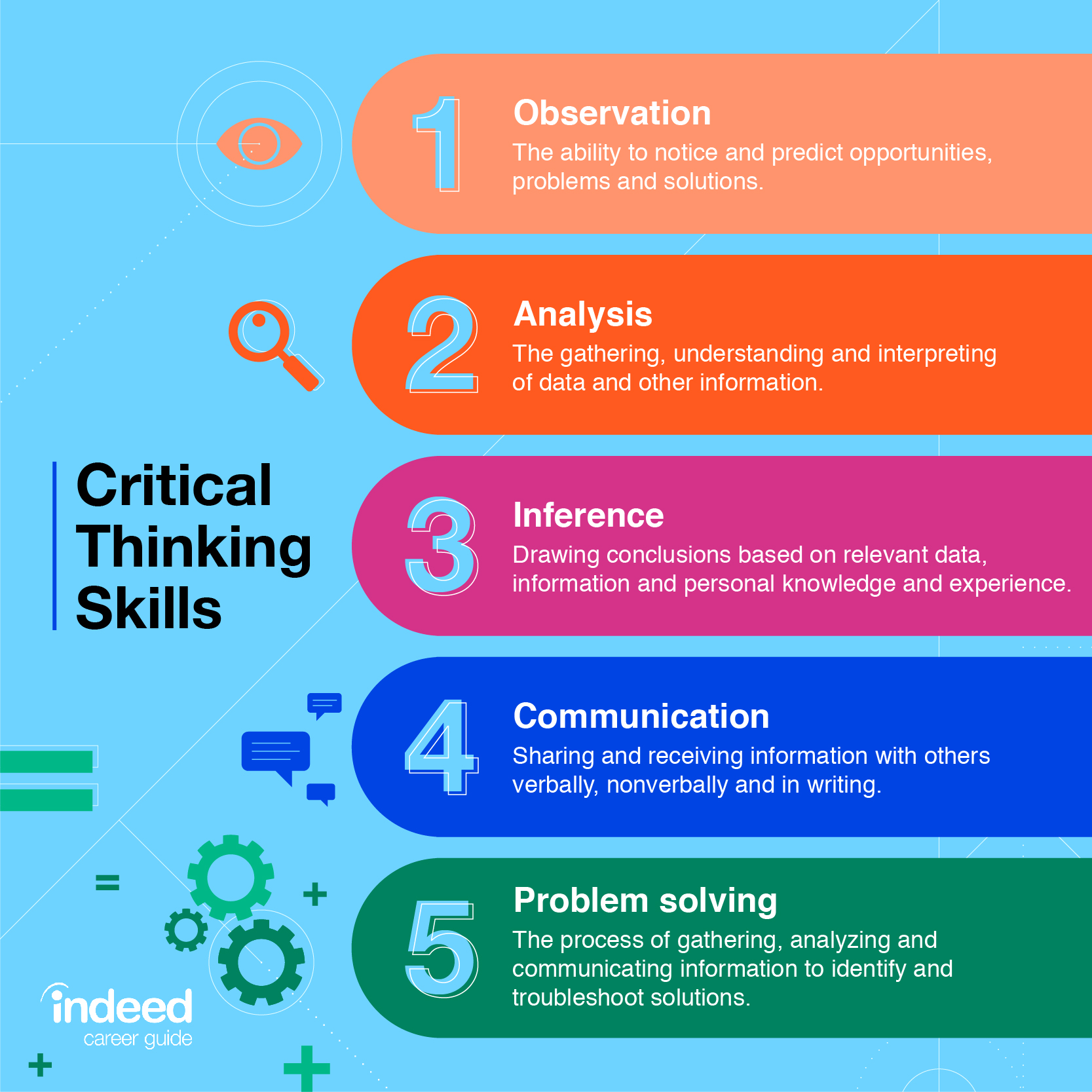
In today's rapidly evolving workplace, the ability to think critically is no longer a luxury, but a necessity. Employees across all sectors are increasingly expected to analyze complex information, solve problems creatively, and make sound judgments under pressure. But how can individuals actively hone these essential critical thinking skills to thrive in their professional lives?
Improving critical thinking at work involves a conscious effort to cultivate specific habits and techniques. This article explores practical strategies and actionable steps individuals can take to strengthen their analytical abilities and contribute more effectively to their organizations.
Understanding Critical Thinking
Critical thinking, at its core, is the ability to analyze information objectively and form a reasoned judgment. It involves evaluating evidence, identifying assumptions, and considering different perspectives before arriving at a conclusion. It's not about criticizing, but about evaluating and understanding.
The World Economic Forum consistently ranks critical thinking among the top skills required for success in the modern workforce, highlighting its importance in navigating a complex and ambiguous world.
Practical Strategies for Improvement
Embrace Active Questioning
One of the most effective ways to develop critical thinking is to actively question everything. Don't accept information at face value; instead, ask "why" and "how".
Encourage curiosity by constantly probing for deeper understanding and challenging underlying assumptions. This approach, according to Dr. Linda Elder, an educational psychologist and leading authority on critical thinking, "forces you to examine the foundations of your beliefs and biases."
Practice Analyzing Information
Regularly engage in activities that require you to analyze information. This could involve reading articles, reports, or case studies and dissecting the arguments presented.
Identify the main points, supporting evidence, and any potential weaknesses in the reasoning. Consider different interpretations of the information and draw your own informed conclusions.
Seek Diverse Perspectives
Surrounding yourself with diverse viewpoints can significantly enhance your critical thinking abilities. Engage in discussions with colleagues from different backgrounds and departments, and actively listen to their perspectives.
This exposure can challenge your own assumptions and biases, allowing you to see problems from multiple angles. "Cognitive diversity is a powerful asset in problem-solving," explains Matthew Syed, author of "Rebel Ideas: The Power of Diverse Thinking."
Engage in Problem-Solving Activities
Seek out opportunities to participate in problem-solving activities, whether it's brainstorming sessions, project teams, or even puzzles and games. These activities force you to think strategically and creatively.
Problem-solving helps you develop your ability to identify problems, analyze potential solutions, and implement the most effective course of action. Approach each challenge as a learning opportunity, and don't be afraid to experiment with different approaches.
Reflect on Your Thinking
Take time to reflect on your own thinking processes. After making a decision or solving a problem, consider the steps you took and the reasoning you used.
Ask yourself what you could have done differently and how you could have improved your approach. Self-reflection is crucial for identifying areas where you can strengthen your critical thinking skills.
The Impact on the Workplace
Employees who possess strong critical thinking skills are highly valuable assets to any organization. They are able to make better decisions, solve complex problems more effectively, and contribute more meaningfully to strategic planning.
Furthermore, a culture that fosters critical thinking can lead to increased innovation, improved communication, and a more engaged workforce. Organizations that invest in developing their employees' critical thinking abilities are more likely to thrive in today's competitive landscape.
Conclusion
Improving critical thinking skills is an ongoing process that requires dedication and practice. By actively embracing questioning, analyzing information, seeking diverse perspectives, engaging in problem-solving, and reflecting on your thinking, you can significantly enhance your abilities and contribute more effectively in the workplace. The journey to becoming a more critical thinker is a rewarding one, leading to both personal and professional growth.


